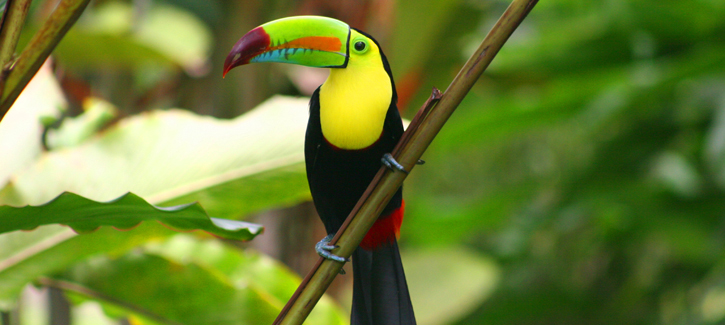
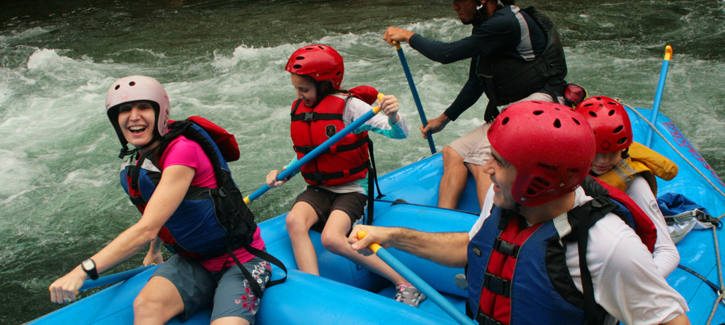

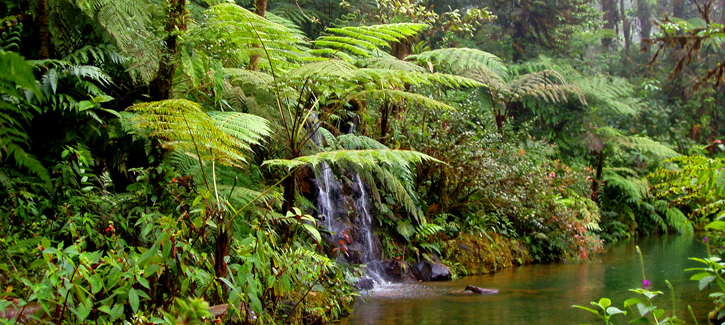
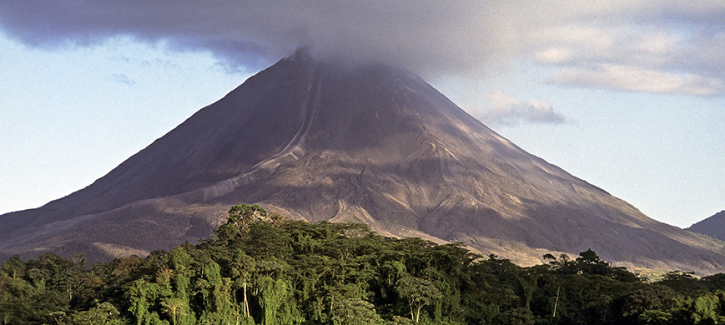
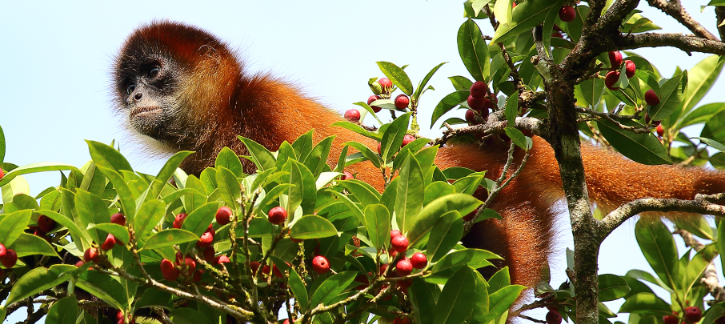
Making decisions about adventure activities while traveling is an important part of planning your vacation. Experiencing the beauty and adventure of Costa Rica requires a healthy respect for nature, solid planning and decision-making that places safety first.
To learn more about our comprehensive safety protocols and how we spare no expense to provide a secure and safe experience for all, keep reading.
Our commitment to providing a Costa Rica experience that places our guests’ and our staffs’ safety above all else started back in 1978 when Costa Rica Expeditions was founded. Our roots are in whitewater rafting, which requires a strict culture of safety. It wasn’t until later that we began operating natural history-oriented groups. Then in 1987, we began offering customized vacations for couples, families, and groups of friends. We took what we’d learned while running rivers and applied it to everything else we do.
Costa Rica offers a wide menu of adventure activities, all with a degree of risk. Whether it’s rafting, zip lining, rappelling, riding an ATV or simply walking in the rainforest, safety rules are needed to reduce that risk.
Here are the basic concepts we have developed through the years that govern our view towards safety:
Laser-like focus on these concepts has resulted in us having only two client fatality accidents (a drowning in the ocean at Corcovado Lodge and a heart attack while snorkeling at Caño Island) in over 45+ years of operation.
People often insist on doing things, even when we tell them it’s dangerous.
Examples:
When guests participate in adventure activities that are operated by Costa Rica Expeditions, guides have the last say about whether the trip runs. No matter how far the guests have come from, how badly they want to do the trip, or how irate the guests become when they’re told the trip is to be cancelled, the guides’ decision is final. He or she gets paid even if the trip doesn’t run.
Does safety cost more?
Guests often ask us why we charge more for services that appear to be like what they find online. The answer is there are some tremendous differences in how we approach safety for your vacation and what you will learn if you book with us or if you book with the deeply discounted offerings you will find online.
When a company is deeply discounting, it’s because they are cutting costs. They cut costs so that they can pay higher commissions and run more volume. Inevitably, the amount of money available to invest in guide training and top of the line equipment goes down. This downward spiral can end in tragedy.
When you book with us, you get more than the nuts and bolts.
We are ahead of you looking for rigorous standards of safety in the way things are built, equipment of the highest standard and ongoing training on safety procedures and first aid for guides.
We are with you as you go, checking the weather, calling ahead to find out what the water level is, checking for landslides and road closures, making sure that extra small or extra-large life jacket is waiting for you, and most importantly willing to cancel any trip, if it doesn’t meet safety standards.
We are behind you asking how it went, rescuing lost items, and arranging for last minute requests.
So, as you think about your vacation next year or talk to your friends and family about theirs, remember that there is a direct relationship between who you travel with, how much you pay, and the safety and quality of the service that you get.
Making decisions about adventure activities while traveling is an important part of planning your vacation. Experiencing the beauty and adventure of Costa Rica requires a healthy respect for nature, solid planning and decision-making that places safety first. We’re happy to help you with those decisions.